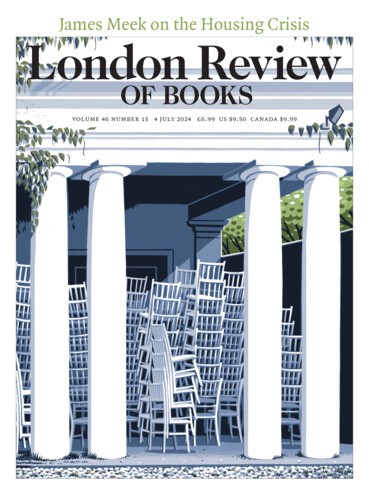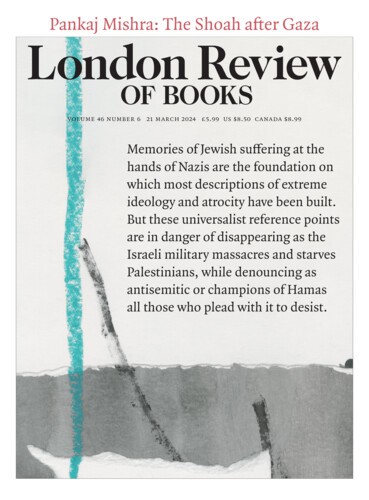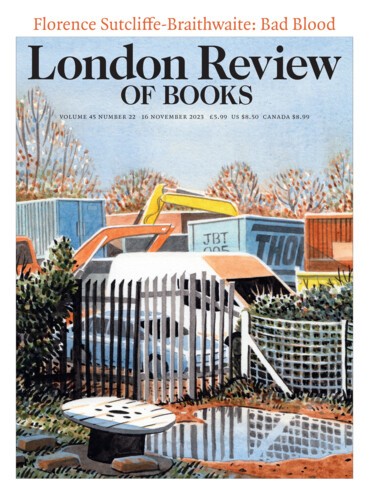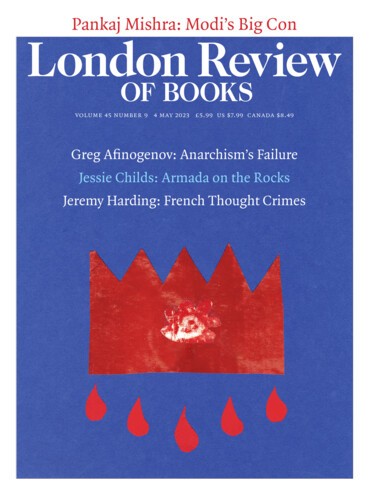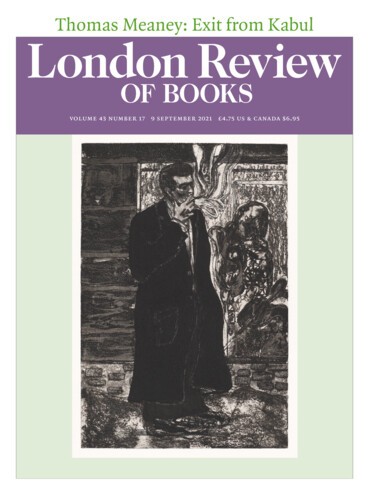Why didn’t you tell me? Meddling in Iraq
Andrew Cockburn, 4 July 2024
Long before Bush and Blair invaded Iraq, many Iraqis suspected that foreign intelligence services were manipulating their country’s domestic affairs. Since the 1920s – when Gertrude Bell manoeuvred behind the scenes in the early days of the Iraqi state under the British mandate – otherwise inexplicable events were often attributed to the workings of ‘Abu Naji’,...
